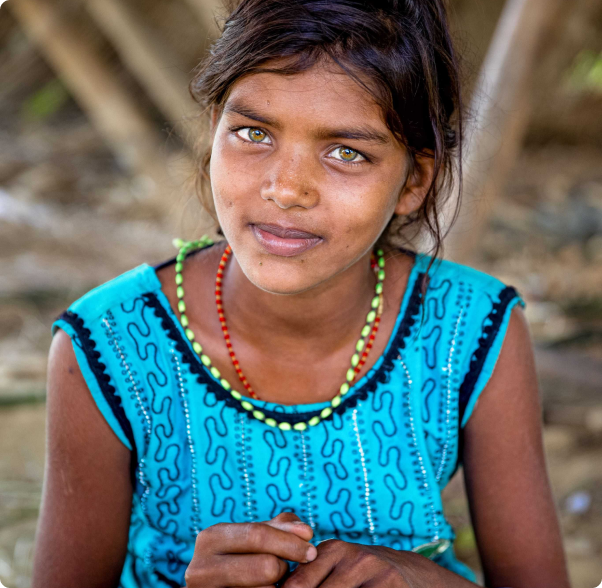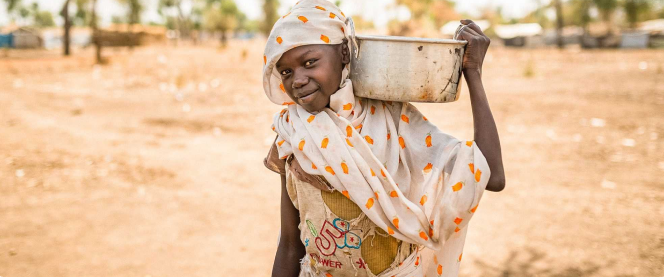Summary
As Africa’s most populous country, Nigeria represents 2.5% of the global population. Their rich diversity is beautifully represented in over 500 people groups. Mangroves and tropical forests in the south, savanna and grasslands in the north, and wetlands along the coast emphasize this diversity geographically. Striking differences also exist between the northern and southern parts of the country. Northern Nigeria is largely Muslim, fuedalist, and impoverished with over 80% of the nation’s poor. Meanwhile, southern Nigeria is more developed and majority Christian. Deep ethnic and religious divisions threaten the nation as a whole.
Constant tensions exist between tribal rivalries — particularly in the northern and central states where Muslims and Christians co-exist. Since 1999, 12 northern states have partially or fully imposed Sharia law, causing many human rights abuses. In 2009, Boko Haram — one of Africa’s largest Muslim extremist groups — launched an insurgency in Nigeria declaring they intended to root out corruption and establish Muslim rule. The group pledged allegiance to the Islamic State in 2015. Though Boko Haram has lost control of much territory, they remain a grave threat, primarily in the northern states. They continue to kill, loot, attack schools, abduct women and children, and conscript men and boys into their army. Years of devastating violence has left roughly tens of thousands dead and displaced millions of people. In addition, nomadic Fulani herdsmen are a violent threat across central Nigeria, brutally killing many farmers and competing for their land. Militias, a self-serving elite, and political and religious corruption continue to hold the nation back. Though Nigeria is Africa’s largest producer of oil, nearly half the population remains in poverty. Over 30% of the rural population lacks clean water. HIV/AIDS has also left an estimated 2.5 million orphans.
Nigeria is home to a large majority of West Africa’s Evangelicals and Africa’s largest church by membership, with roughly 65,000 weekly attenders. The Nigerian Church has sent several Christian missionaries throughout the country and overseas. But with the nation’s north-south divide, believers in the Muslim-majority north have suffered decades of persecution, including the destruction of thousands of churches. Even so, Muslims are being drawn to Jesus and the Church has experienced substantial growth. Yet, some places of Nigeria have seen such fast Church growth that the new believers lack proper discipleship and spiritual guidance. Second-generation nominalism, syncretism, tribal and denominational divisions, materialism, and immorality all threaten the Body of Christ. The false teachings of the prosperity gospel are also rampant. About 16% of Nigeria’s people groups remain unreached, many of which are being rapidly Islamized.




